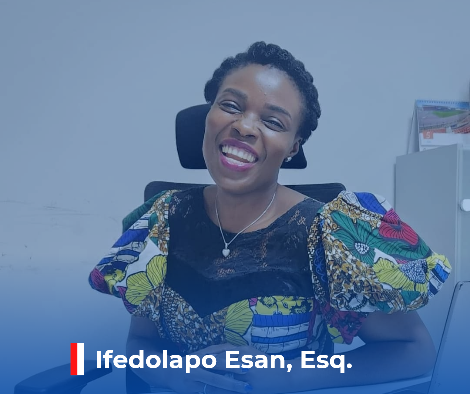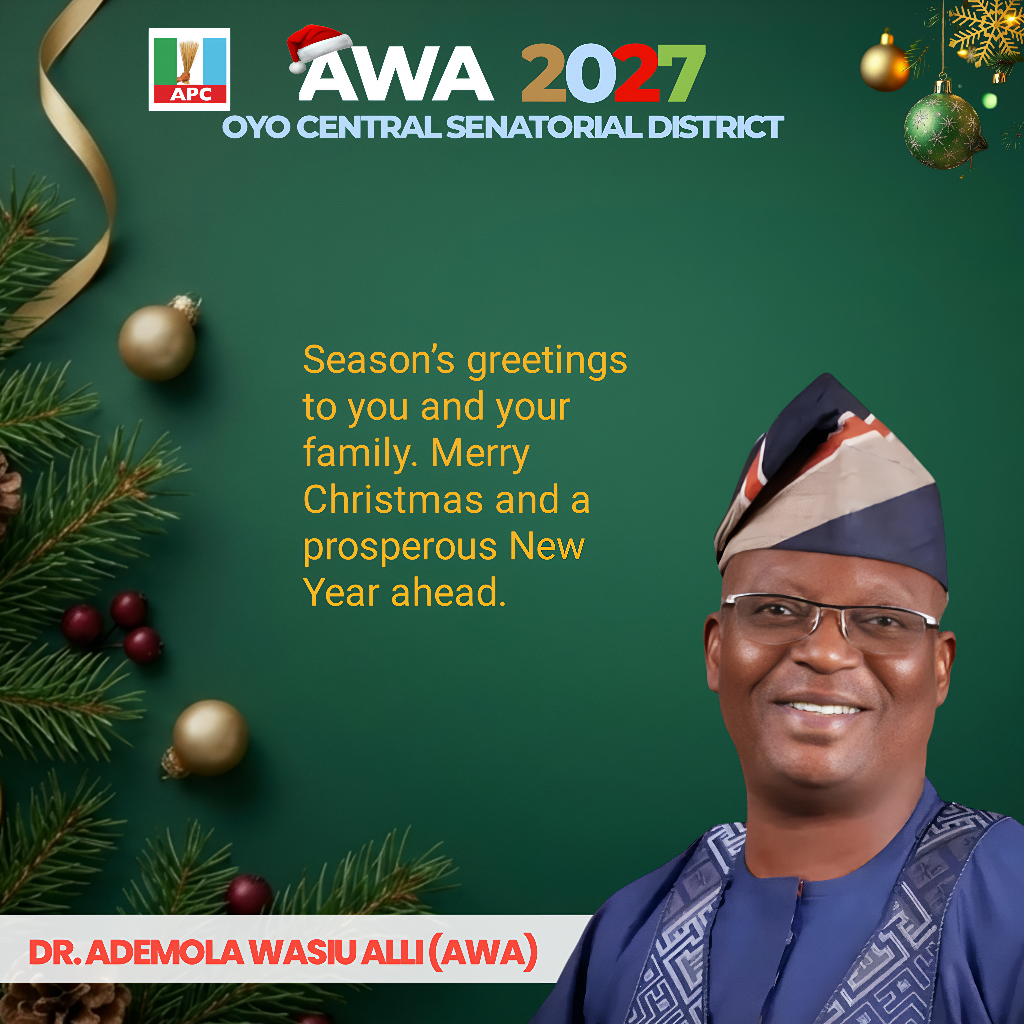CPD Sanctions and the Legal Right to Practice: A Practitioner’s Perspective

Dear Mr President,

Mr Afam Osigwe SAN


I write in response to the recent directive by the Nigerian Bar Association (NBA) concerning the mandatory participation of legal practitioners in Continuing Professional Development (CPD) programmes. While I understand the NBA’s desire to promote professional excellence, I believe this directive raises legitimate concerns, particularly for those in active and consistent legal practice.
It is important to recognise that many lawyers across Nigeria are already involved in a form of continuous development through their daily professional work. Courtroom advocacy, case preparation, legal research, judgment analysis, and peer engagement all provide substantial opportunities for intellectual growth and skills development. These forms of experiential learning are no less valuable than attendance at formal seminars, and in many cases, they involve greater rigour and application.

For a practising lawyer, each case brings with it the obligation to interpret and apply the law correctly, to understand procedural and substantive developments, and to respond to the evolving thinking of the courts. Beyond handling their own matters, lawyers in court are routinely exposed to other ongoing cases, judicial commentary, and the arguments of fellow colleagues, all of which amount to practical education that reinforces professional competence.
It is for this reason that the imposition of CPD as a mandatory obligation, with sanctions attached to non-compliance, may appear excessive. There is a distinction to be made between encouraging professional growth and enforcing a system that overlooks the informal, yet credible, learning that takes place through actual legal work. Many practitioners who devote significant time to litigation, commercial practice, or client advisory roles may rightly feel that their contributions and self-driven learning are being undervalued by a standardised CPD structure.
There is also a genuine concern about the authority of the NBA to limit or suspend a lawyer’s right to practise on the basis of CPD non-compliance. Once a legal practitioner has paid their practising fees and fulfilled their statutory obligations, they are entitled to full access to the courts and the tools of legal representation. The suggestion that access to a stamp or seal may be withheld as a form of enforcement could be challenged as lacking a clear legal foundation and possibly overstepping the Association’s regulatory powers.
Beyond questions of legality, there are practical considerations. Lawyers practising in remote or underserved areas may struggle with access to accredited CPD programmes, whether due to cost, availability, or infrastructure. Even in urban centres, the time taken away from active legal work in order to attend structured training may be difficult to justify, especially when such lawyers are already constantly engaged in demanding legal processes that reflect real-life professional development.
It is worth reflecting on whether the NBA’s approach to CPD can be made more inclusive and adaptive. A flexible model that recognises alternative forms of professional learning such as advocacy experience, mentorship, legal publications, and pro bono service would acknowledge the various ways lawyers remain current and competent in their fields. The emphasis should be on the substance of learning, not merely its form.
This letter is not written to dismiss the value of CPD in itself. There is merit in creating opportunities for learning, especially in areas such as ethics, technology, or emerging areas of law. However, the enforcement of CPD requirements should not come at the expense of equity, respect for practice realities, or the autonomy of professionals who are already meeting high standards through their own efforts.
I urge the NBA to consider a more balanced approach, one that encourages development without imposing rigid conditions that could inadvertently penalise committed and competent practitioners. Dialogue on this issue remains essential, and I hope that under your leadership, the NBA will adopt a position that reflects the diversity of practice and the evolving nature of professional learning in today’s legal landscape.
Yours faithfully,
Ifedolapo Esan, Esq.
Legal Practitioner

